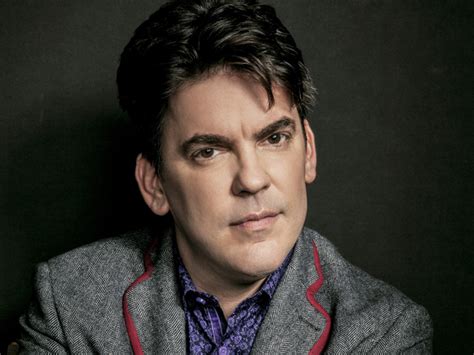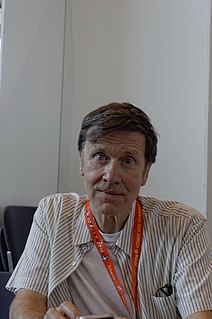A Quote by Ananya Panday
My first reaction to the script is simple - whether I laugh or cry. I like to see a film from an audience's perspective and that is my first reaction.
Related Quotes
Watching first nights, though I've seen quite a few by now, is never any better. It's a nerve-racking experience. It's not a question of whether the play goes well or badly. It's not the audience reaction, it's my reaction. I'm rather hostile toward audiences?I don't much care for large bodies of people collected together. Everyone knows that audiences vary enormously; it's a mistake to care too much about them. The thing one should be concerned with is whether the performance has expressed what one set out to express in writing the play. It sometimes does.
The reaction to any word may be, in an individual, either a mob-reaction or an individual reaction. It is up to the individual to ask himself: Is my reaction individual, or am I merely reacting from my mob-self? When it comes to the so-called obscene words, I should say that hardly one person in a million escapes mob-reaction.



































